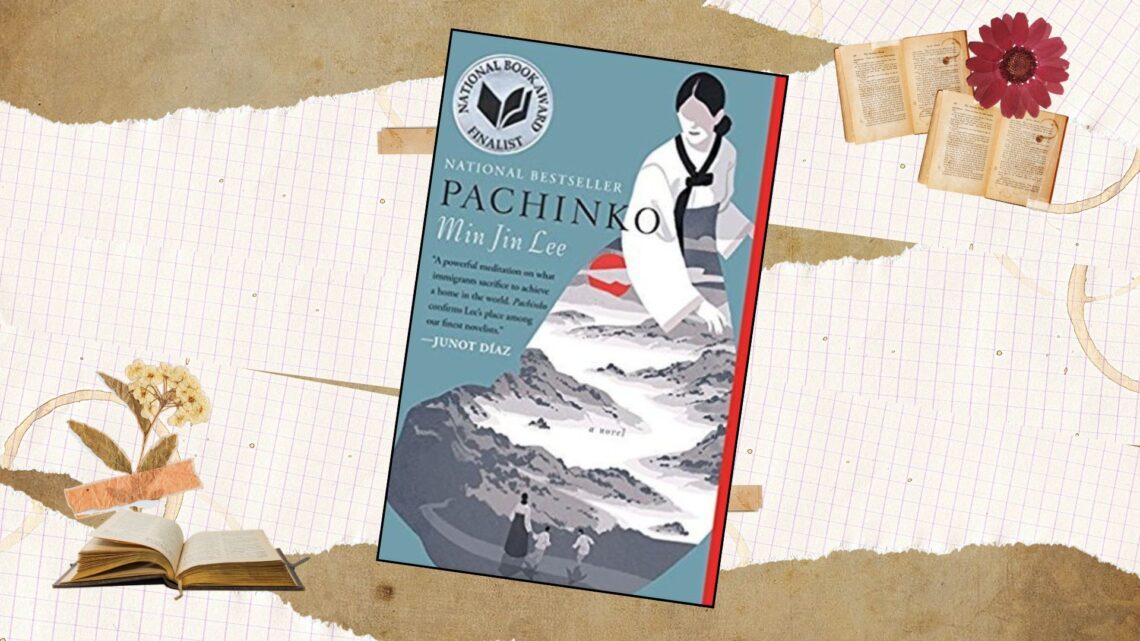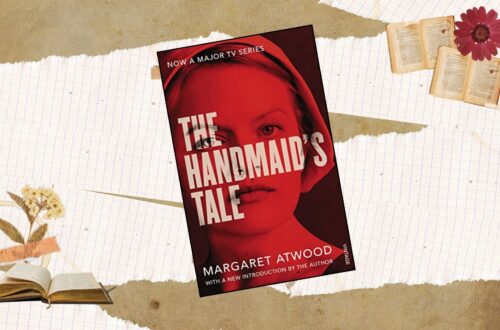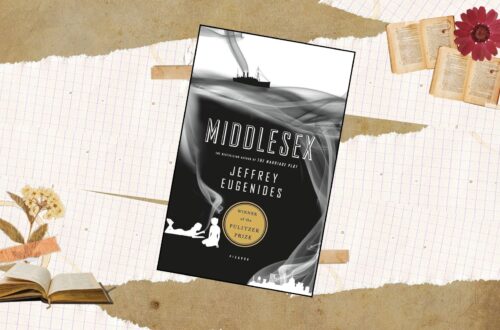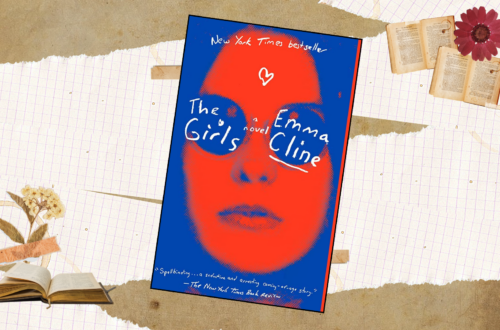Pachinko by Min Jin Lee — international bestseller, book club favorite, proclaimed the best book of the year 2017. This book has consistently received stellar reviews and has even become an AppleTV drama. Reading this, I really wanted to enjoy it as much as others seemed to have. But it never really stuck with me, and I have thought multiple times that it would probably be better as a drama rather than a novel.
Pachinko tells the history of a Korean family in Japan. First set in 1930, it delves deeply into the racial stigma between the two countries alongside the political afterthoughts of citizens on the Soviet and American occupation in Korea later on. While the story is told from the perspective of the family members in general, it mostly focuses on Sunja, the daughter of a club-footed, cleft-lipped man and a diligent mother. When she is impregnated by a married Yakuza, her family is threatened to fall to ruin and shame. Salvation comes to her in the form of Bae Isak, who offers her a new life in Japan as his wife. She doesn’t realize that she will eventually end up re-crossing paths with the Yakuza over and over again, their paths tied in the form of their illegitimate child.
Even in the beginning, the pacing of this story felt off. Generations of their family were told and wrapped up within a few couple chapters, and I was taken aback at how quickly the events leading up to Sunja’s impregnation were told and presented. This, alongside the constant killing off of the characters, made the story seem overly rushed and plot-driven rather than character-driven. The characters never grew on me, because they would either be killed off or skimmed over. It almost felt too dry to read this at times, since the story didn’t really focus on mourning a lot of the killed-off characters. Instead, the story would skip over some years where the characters have already accepted the deaths and would only reminisce about them in a few lines.
Another thing that I disliked about this book was that the characters were too two-dimensional, often in ways that didn’t make sense. The characters were either on the far side of accepting-rejecting, embracing-embarking (to look to something different than their own ideals). A lot of the characters were either do-or-nothing without any hope for change. I constantly thought to myself that if the story took its time actually wading to what they were feeling instead of glazing over it, it would become at least a bit relatable. This is one major reason why the drama may be better than the book–at least it could convey the feelings of the characters more strongly.
But even after the book’s shortcomings, it was still an enjoyable read. Sure, it was suffocating at times, but the history that is presented is well-researched and there are times when the book does offer some valuable perspectives on how people from the timeline would view things. However, it was restricted by a lack of a character-driven storyline.
~3 stars
Written on July 23, 2023.





